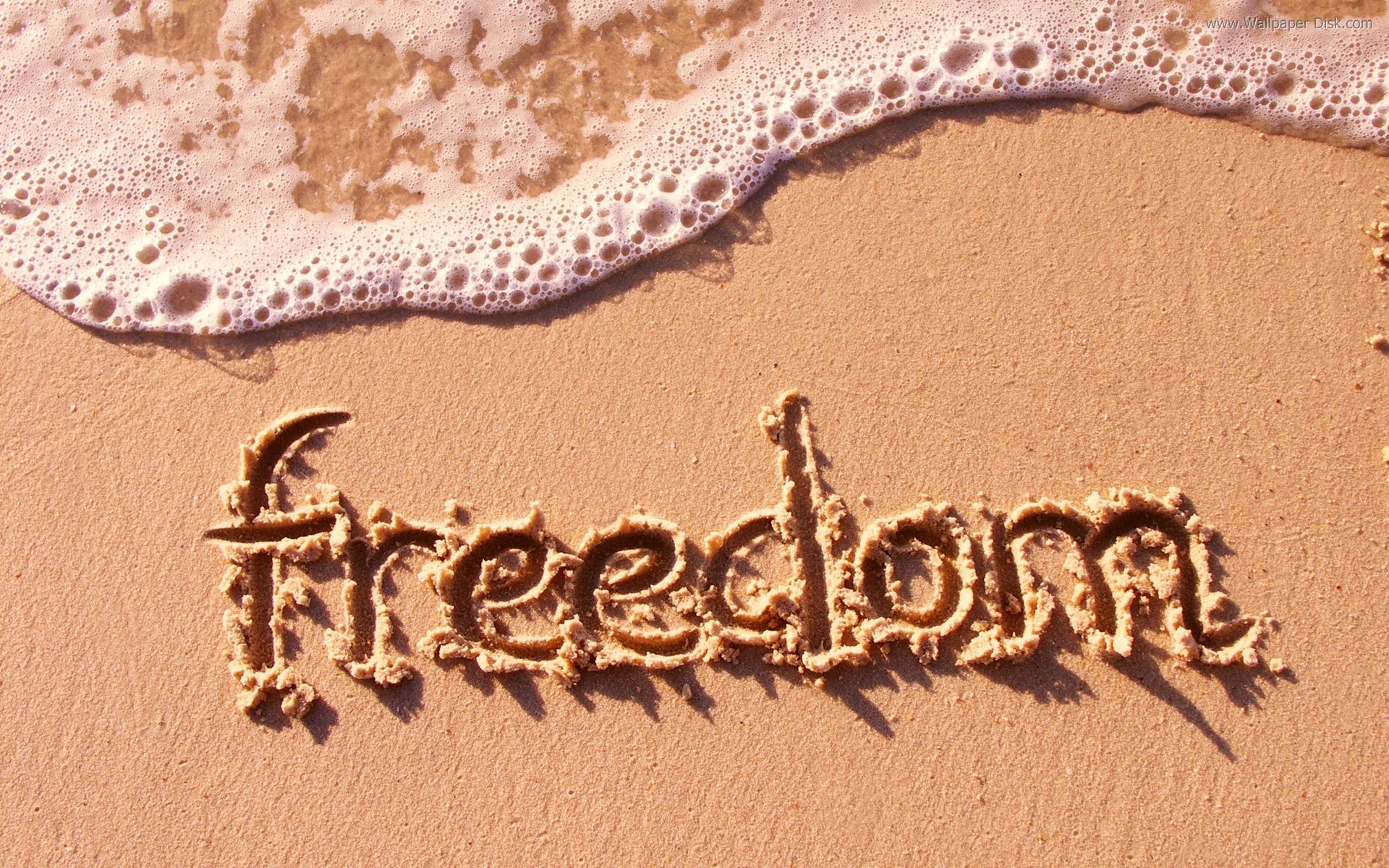 Over the years we have been retelling the story of Passover as a saga of slaves running away from their cruel Egyptian masters, led by a charismatic divine-like leader, Moses. As we all know, Moses was sent by G-D to perform the seemingly impossible task of prying a whole nation of slaves from the clutches of a belligerent Egyptian tyrant ruler. He was to do that without an uprising or any kind of rebellion hostility.
Over the years we have been retelling the story of Passover as a saga of slaves running away from their cruel Egyptian masters, led by a charismatic divine-like leader, Moses. As we all know, Moses was sent by G-D to perform the seemingly impossible task of prying a whole nation of slaves from the clutches of a belligerent Egyptian tyrant ruler. He was to do that without an uprising or any kind of rebellion hostility.
This is of course a story of a nation that was created. G-D of Israel inflicts punishment on the Egyptians through Moses and his brother Aaron until finally the Pharaoh is forced to acquiesce and free the slaves. Under the leadership of Moses, G-D then leads the slaves through a very rough desert for forty years and in the process gives them the most fundamental human set of laws, which any healthy society needs in order to survive and even flourish. This part of the saga ends with the nation of Israel completely transformed into a well organized people with a strong belief in G-D and the Torah. They enter and conquer the land of Canaan, establishing their independent life there.
From a modern perspective the story is much more profound. It is the emergence of freedom and the ideas of liberty in the human mind. For the first time in history slavery is depicted as evil. Just like the Israelites in Egypt, men of all nations deserve to fulfill their basic human right to be free. While the Jewish people have been celebrating this emerging enlightenment of freedom for millennia, it is interesting to note the reaction of other ancient nations to the Israelites becoming free from slavery. This can be seen in the way other nations reacted to the song that Moses and the people of Israel sang to G-D after crossing the Sea of Reeds into freedom.
The nations’ reaction to this freedom song is similar and revealing. “The people hear, they trembled, Agony gripped the dwellers of Philistia. Now the clan of Edom dismayed. All tribes of Moab-trembling grips them” etc.
There was no appreciation of the amazing freedom gained by the people of Israel. On the contrary, the nations exhibit fear of a G-D who dares to change the nature of things, the way the world should be. After all, there are slaves in the world and they should stay slaves forever. Their suffering is of no consequence.
Passover's story is the bursting of the ideas of liberty and freedom into a belligerent, unwilling to change, primitive world. The Passover story of freedom is the gateway to all the amazing moral and human dignity laws of the Torah of Freedom and Justice.
These ideas were heroically preserved over the millennia by the Jews despite all the suffering we had to go through, only to be picked up thousands of years later as a foundation of the American constitution. Perhaps that is why the founding fathers found it necessary to inscribe in the liberty bell the eternal words from the Book of Leviticus 25:10 “Proclaim liberty throughout the land unto all the inhabitants thereof.”
As we now begin to emerge from the restraints we have experienced since last year’s Passover, may we have a deeper understanding and appreciation of freedom.
And may we all be together in person at next year's seder!
Rabbi David
Upcoming Events
Rabbi and Cantor Messages
Connection to Healing